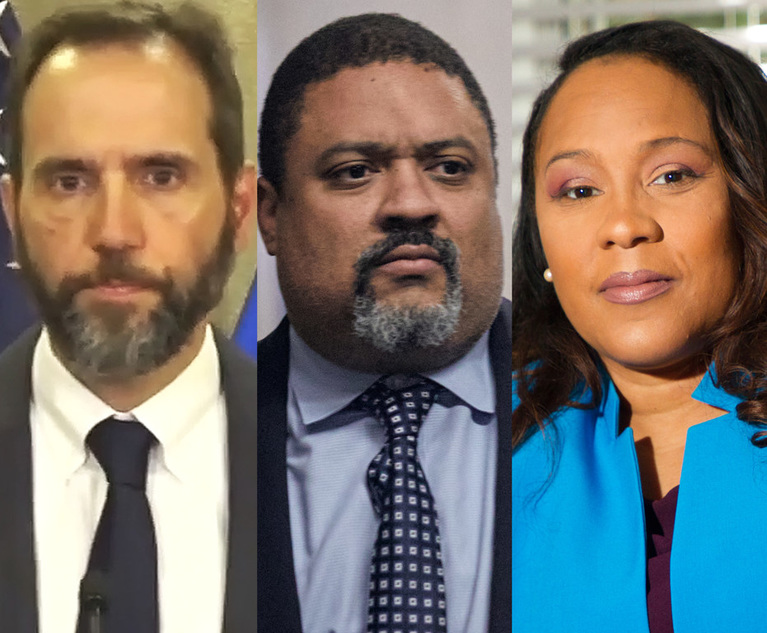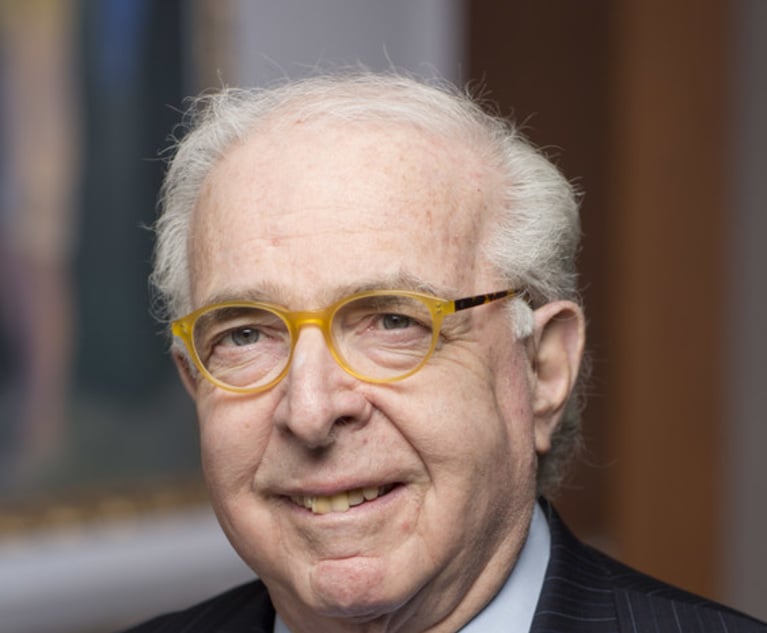As young state corruption prosecutors, my colleagues and I would often approach a senior investigator—let’s call him “Joe”—known for insightful strategic advice. He was a retired FBI agent, “mailing in” his second law enforcement job. He was undeniably running the clock until his federal pension kicked in. When you approached him with a difficult problem he typically tried to discourage you from bringing the case altogether. With a “why bother me, youngblood” look on his face, he’d tell you, almost reflexively: “Big cases, big problems; small cases, small problems; no cases, no problems.”
He knew with discouraging negativity that most of our cases would face fierce advocacy from our adversaries who promoted screeching tabloid headlines designed to embarrass the overly zealous “last honest men,” as we were roundly branded. He didn’t even need to warn us, as he might today, that almost half the public (and potential jurors)—not merely allies of the target— saw us as crony prosecutors in the hip pockets of his political opponents.







